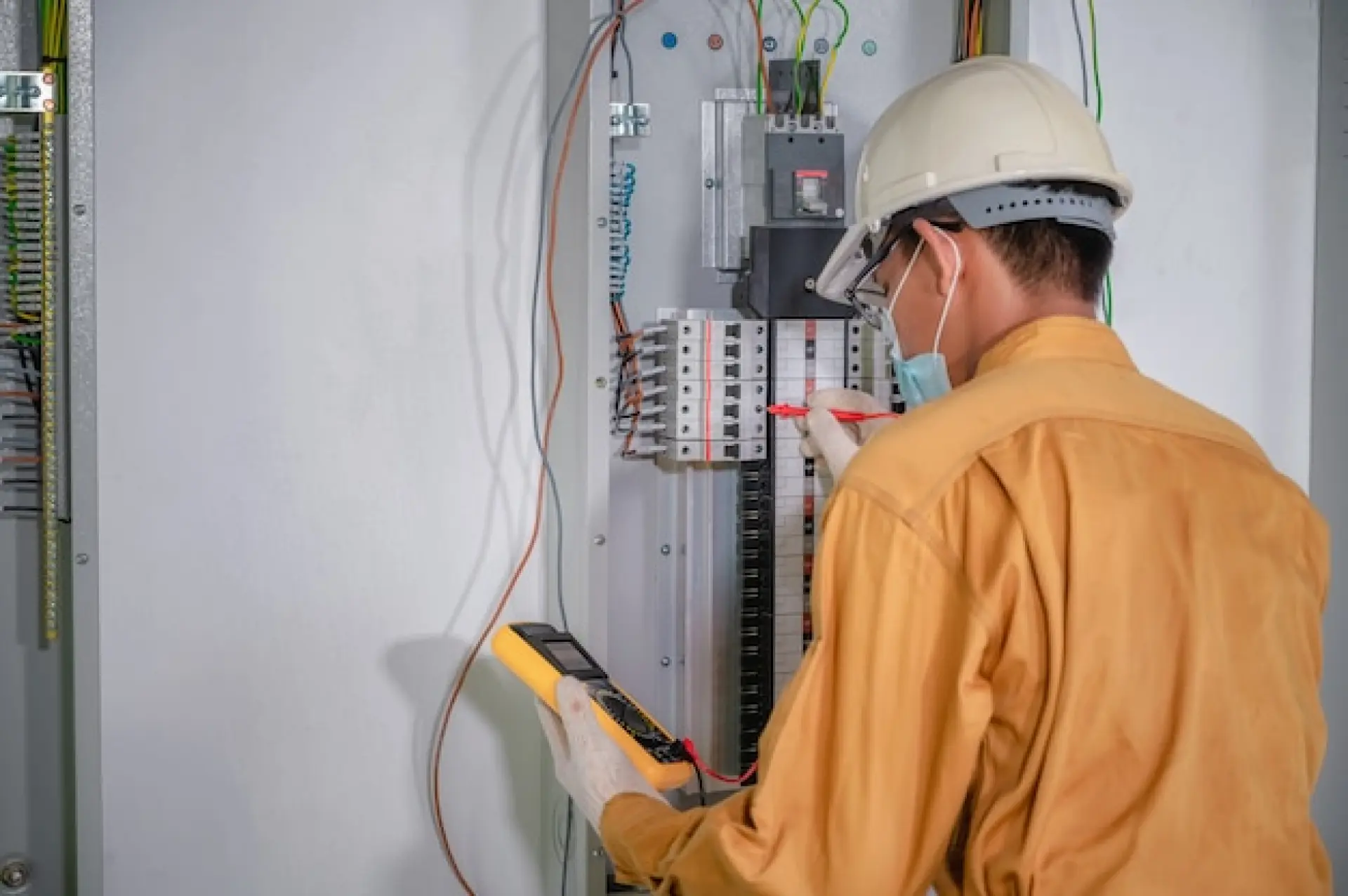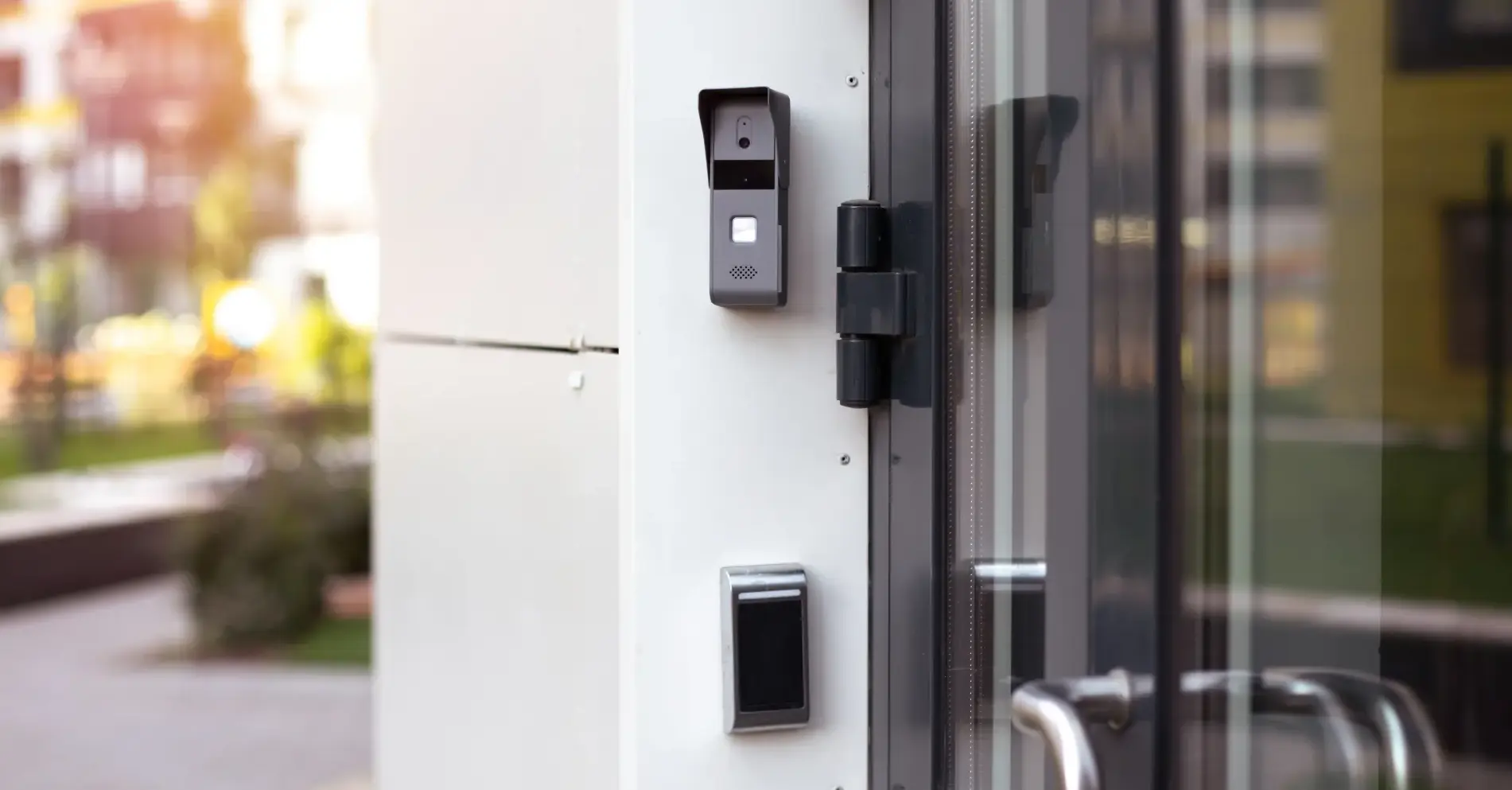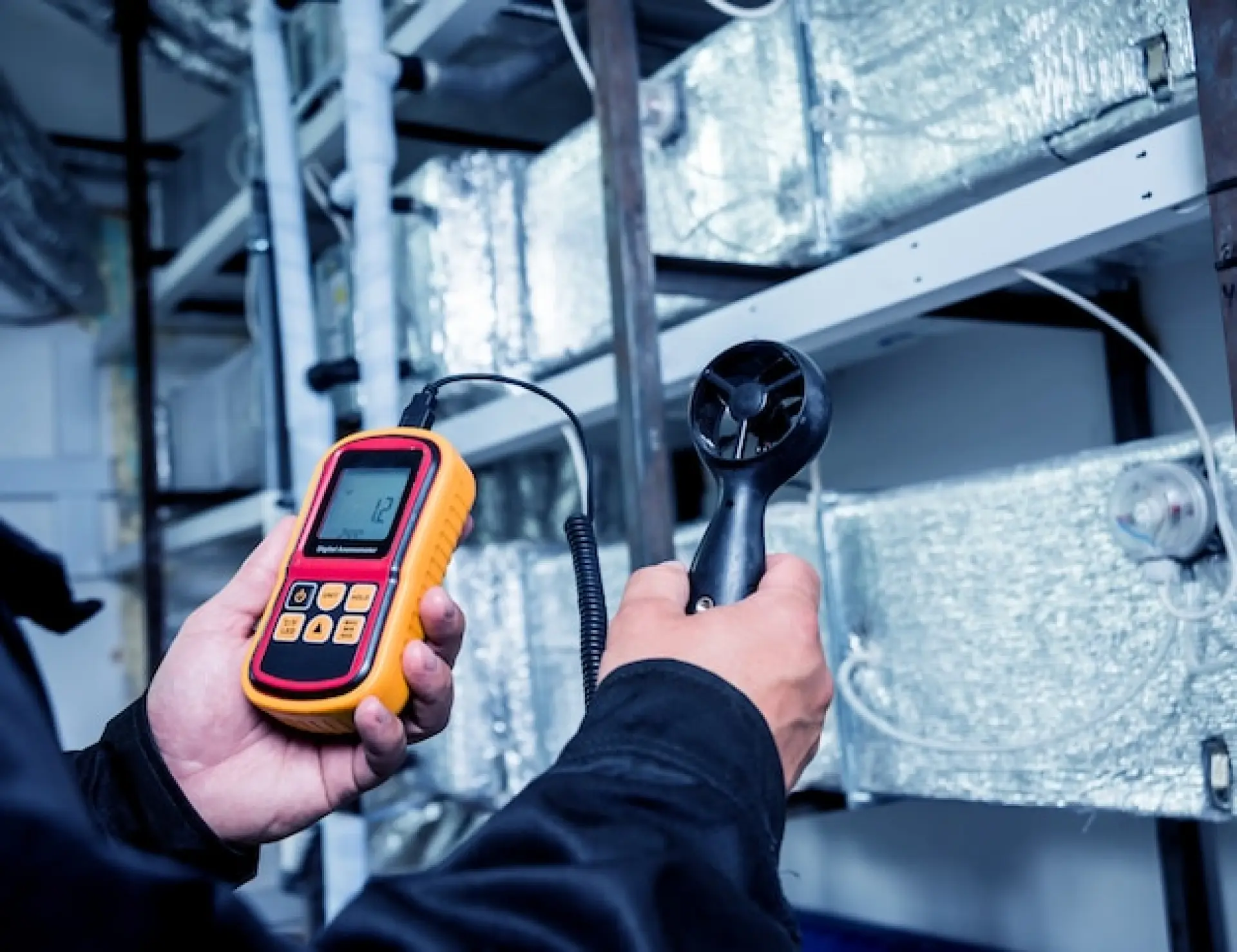Wondering 'how often should electrical testing be carried out'? Stay compliant with local UK regulations while ensuring safety. Learn more on our informative guide.
Legal Requirements for Electrical Testing
Electrical testing is a legal requirement in many settings to ensure installations and appliances remain safe. The Electricity at Work Regulations 1989 state that electrical systems must be maintained to prevent danger. While the law does not specify exact testing intervals, guidance is provided through British Standards such as BS 7671.
Electrical Installation Condition Reports (EICRs) are required for various properties, with different testing frequencies depending on usage. Employers and landlords have a duty to keep electrical systems safe for employees and tenants.
Failing to carry out proper inspections can result in legal consequences, including fines or liability for accidents. Regular testing is essential to meet legal obligations and reduce risks associated with electrical faults.
How Often Should Domestic Properties Be Tested?
For domestic properties, it is recommended that electrical installations be inspected and tested at least every 10 years. This is advised in accordance with BS 7671, ensuring the wiring and components remain in safe working condition.
Homeowners should also arrange testing if they notice frequent electrical issues such as tripping circuits, flickering lights, or burning smells from sockets. If a property is being bought or sold, an Electrical Installation Condition Report (EICR) should be obtained to assess safety.
In older homes or properties with outdated wiring, more frequent checks may be necessary. While not legally required for homeowners, regular inspections help to prevent electrical hazards, reduce fire risks, and ensure continued safety for occupants.
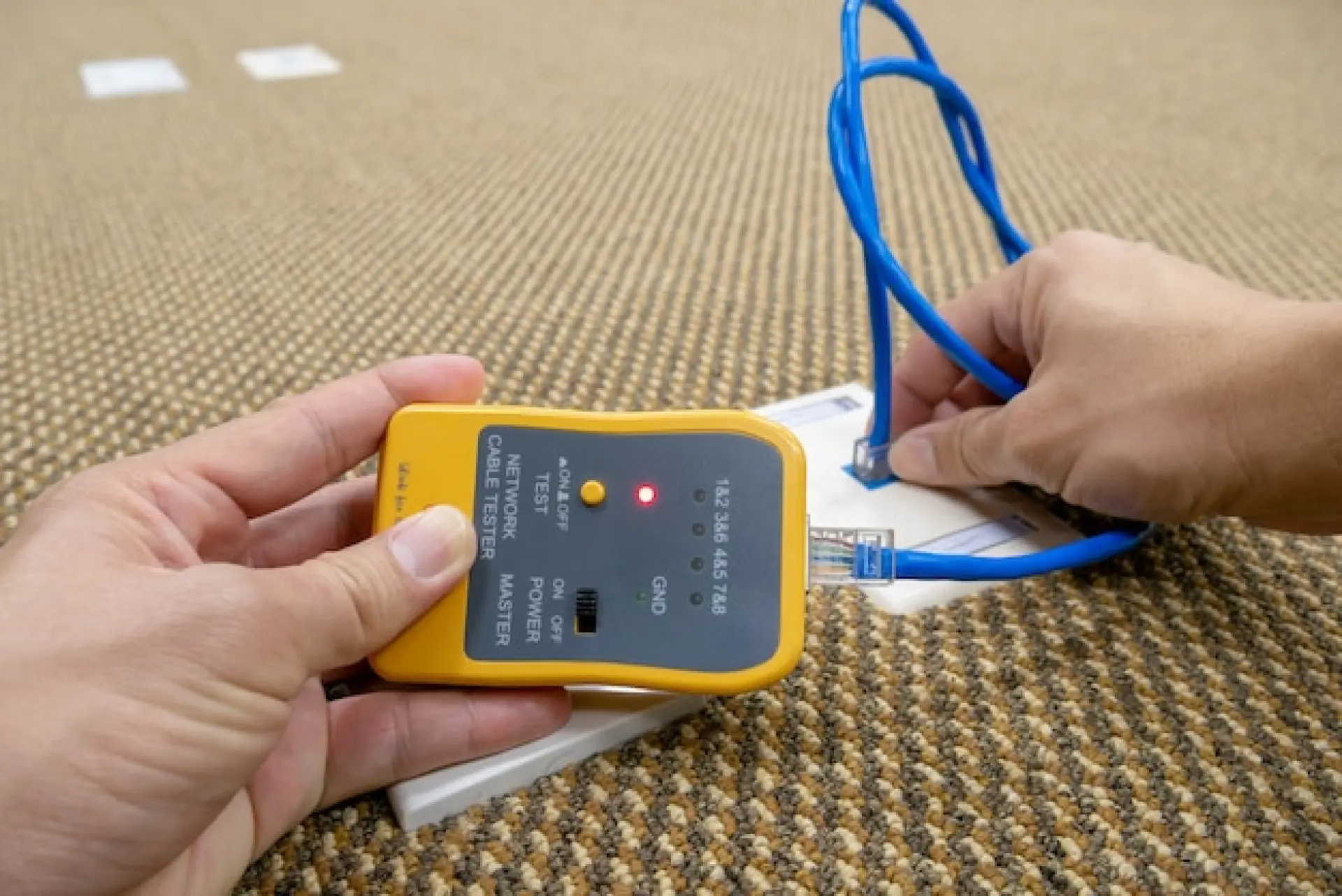
Electrical issues in domestic properties can develop over time due to general wear and tear, particularly in homes with older wiring or increased energy demands from modern appliances.
Overloaded circuits, faulty wiring, or outdated consumer units can all pose serious risks if left unchecked.
Additionally, environmental factors such as damp conditions, rodent damage, or DIY electrical work can compromise safety. Regular inspections allow electricians to detect and resolve any issues before they become hazardous.
Homeowners can also take proactive steps by conducting simple checks, such as ensuring plug sockets are not overheating and using Residual Current Devices (RCDs) for added protection.
Keeping up with recommended testing not only improves electrical safety but also helps maintain the value of a property, ensuring compliance with modern safety standards.
Electrical Testing Frequency for Businesses and Workplaces
Businesses and workplaces must follow strict electrical testing guidelines to comply with health and safety regulations. Electrical systems in commercial properties should be inspected at least every five years under BS 7671.
However, certain environments, such as industrial sites, may require more frequent testing due to increased electrical demand. High-risk locations like hospitals and public entertainment venues often require inspections every one to three years.
Portable Appliance Testing (PAT) should also be conducted regularly, with frequency depending on equipment type and usage. Employers are responsible for ensuring electrical installations remain safe to protect staff and visitors. Keeping up with recommended testing intervals helps to prevent faults, reduce downtime, and maintain compliance with legal safety standards.
Testing Requirements for Rental Properties
.Landlords are legally required to have an Electrical Installation Condition Report (EICR) conducted every five years for rental properties in England and Scotland. This ensures that the electrical system is safe for tenants and meets legal standards.
Any remedial work identified during the inspection must be completed within 28 days. Additionally, landlords should perform visual checks between tenancies to spot any potential hazards.
In Houses in Multiple Occupation (HMOs), testing is mandatory every five years, with stricter enforcement due to the higher number of occupants. Failure to comply with electrical testing regulations can result in penalties, invalidated insurance, and risks to tenant safety. Regular inspections are essential to prevent electrical faults and ensure legal compliance.
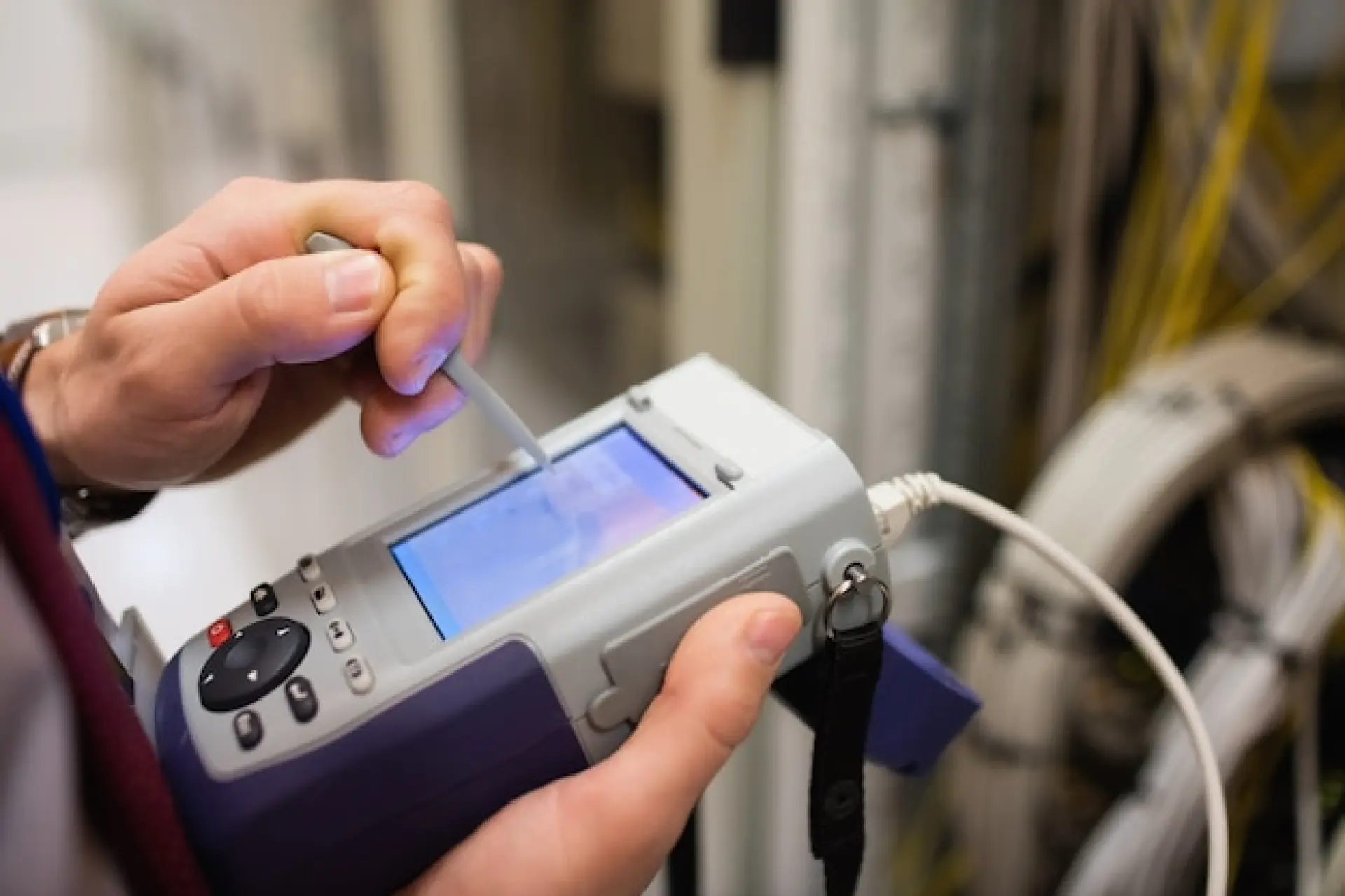
Electrical safety in rental properties is particularly important due to the varying levels of care taken by different tenants. Unlike homeowners, tenants may not always report minor electrical issues, which can develop into more serious hazards if ignored.
Loose sockets, exposed wiring, and faulty appliances can pose significant risks, especially in older rental properties. Landlords should also ensure that properties are fitted with modern consumer units containing RCDs to provide extra protection against electrical faults.
Alongside EICRs, landlords should consider annual PAT testing for supplied appliances, such as washing machines, cookers, and kettles.
Keeping up with these safety measures not only protects tenants but also reduces the likelihood of costly damage, legal action, or voided insurance policies.
By prioritising regular testing, landlords can create a safer living environment and demonstrate due diligence in maintaining their properties.
How Often Should PAT Testing Be Conducted?
Portable Appliance Testing (PAT) is a method of ensuring electrical appliances remain safe to use. Although there is no strict legal requirement for PAT testing in the UK, employers and landlords must ensure all electrical equipment is properly maintained. The recommended frequency of testing depends on the type of equipment and its environment. Office equipment, such as computers and printers, may only need testing every two to four years.
However, high-risk appliances, such as power tools or kitchen equipment in commercial settings, should be tested annually or more frequently. Visual checks should be carried out regularly to identify damaged cables or plugs. Implementing a PAT testing schedule helps to reduce electrical hazards and improve workplace safety.
Are you looking for electrical testing in Preston, Blackpool or Chorley? There are no hidden surprises or unexpected costs when it comes to electrical testing. We believe in transparency and provide fixed-price testing services.


